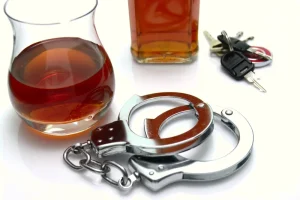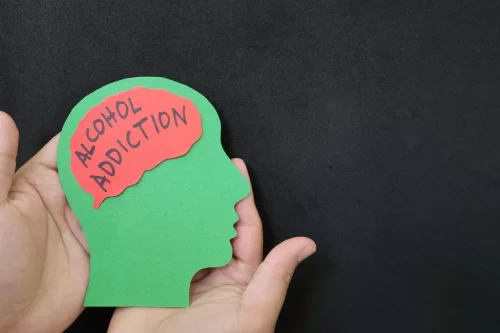
Joining a local chapter of Alcoholics Anonymous may provide you with the support you need to cope. You should also follow all of your doctor’s recommendations to ensure proper nutrition and recovery. If you are diagnosed with alcoholic ketoacidosis, your recovery will depend on a number of factors. Seeking help as soon as symptoms arise reduces your chances of serious complications. Treatment for alcohol addiction is also necessary to prevent a relapse of alcoholic ketoacidosis. If your blood glucose level is elevated, your doctor may also perform a hemoglobin A1C (HgA1C) test.
Ketogenesis
- The long-term prognosis for the patient is influenced more strongly by recovery from alcoholism.
- If your doctor suspects that you’ve developed this condition, they may order additional tests to rule out other possible conditions.
- BRENZAVVY is indicated as an adjunct to diet and exercise to improve glycemic control in adults with type 2 diabetes.
- If you or someone else has symptoms of alcoholic ketoacidosis, seek emergency medical help.
- The decreased insulin-to-glucagon ratio that occurs in starvation indirectly reduces the inhibition on CAT activity, thereby allowing more free fatty acids to undergo oxidation and ketone body formation.
- Evaluate patients for signs and symptoms of urinary tract infections and treat them promptly.
Your prognosis will be impacted by the severity of your alcohol use and whether or not you have liver disease. Prolonged used of alcohol can result in cirrhosis, or permanent scarring of the liver. Cirrhosis alcoholic ketoacidosis of the liver can cause exhaustion, leg swelling, and nausea. If you develop any of these symptoms, seek emergency medical attention. People who drink large quantities of alcohol may not eat regularly.
Blood tests

Laboratory analysis plays a major role in the evaluation of a patient with suspected alcoholic ketoacidosis. Patients are usually tachycardic, dehydrated, tachypneic, present with abdominal pain, and are often agitated. This drop in blood sugar causes your body to decrease the amount of insulin it produces. Your cells need insulin to use the glucose in your blood for energy. If they can’t use glucose because there’s not enough insulin, your body switches to another method to get energy — breaking down fat cells.
How Can Alcoholic Ketoacidosis Be Prevented?

Ethyl alcohol oxidizes at a rate of 20 to 25 mg/dL per hour in most individuals. The accompanying lack of alcohol in the patient’s body and the fact that for some time, the only source of calories that a patient has is ethanol both contribute to the clinical syndrome that we see. You can prevent alcoholic ketoacidosis by limiting your alcohol intake. You can learn how to reduce your alcohol intake or eliminate it altogether.
Take Our Alcohol Abuse Self-Assessment

Patient Education
- Dehydration and volume constriction directly decrease the ability of the kidneys to excrete ketoacids.
- After finishing his medical degree at the University of Auckland, he continued post-graduate training in New Zealand as well as Australia’s Northern Territory, Perth and Melbourne.
- Going on a drinking binge when your body is in a malnourished state may cause abdominal pain, nausea, or vomiting.

